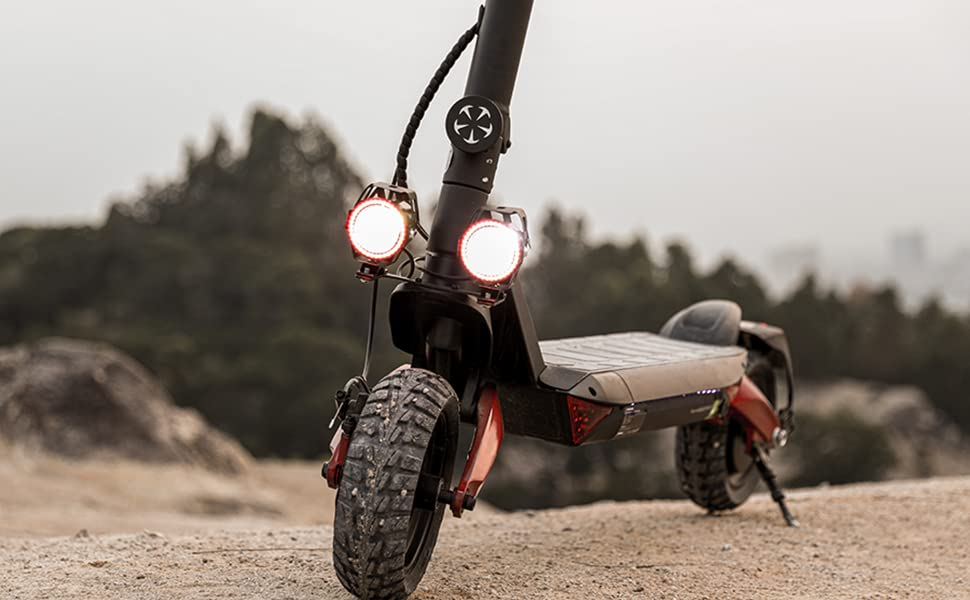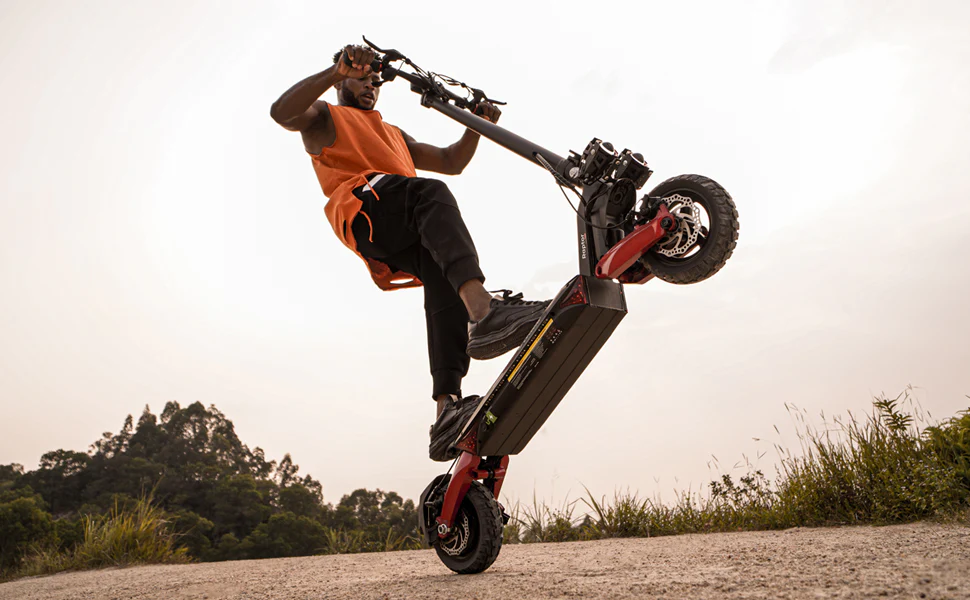Regulations for Riding Electric Scooters in the US

The introduction of the electric scooter prompted a surge in popularity for this practical, eco-friendly mode of personal transportation. Legislators found the need to handle a number of issues relating to the usage of e-scooters due to the rise in users. Countries, states, and territories now have various regulations governing electric scooters.
It can be difficult to determine the legality surrounding e-scooters in different areas. Finding accurate information online can be difficult as well, and sometimes confusion can arise surrounding what each state permits. Laws may also be amended, which is a continuous process. Keeping a watch on any local news or updates will make sure you’re always in alignment with the current guidelines.
Age-Related Rules
The minimum age to operate an electric scooter varies from state to state, although 16 years of age and older is the national average. The legal age to operate an electric scooter is 12 years of age or older in states like Minnesota and Michigan, though, lending more insight into the confusion surrounding the inconsistent rules from state to state.
Speed Rules
One of the most consistently enforced electric scooter regulations is maximum speed. Again, variability should be expected, but maximum speed averages 20 mph across a majority of US states. High-speed streets typically outlaw scooters. Few scooter riders, though, would actually want to accomplish ride these streets.
Street Rules
Can Scooters Be Ridden On Sidewalks?
Only five states—Arizona, Iowa, Louisiana, Rhode Island, and Virginia—allow the use of electric scooters on sidewalks.
While the majority of states explicitly prohibit scooter use on sidewalks, 19 states’ regulations make no mention of sidewalk use at all. For sidewalks where pedestrians, bikers, or even scooter users themselves could be hurt in an accident, many states deem electric scooter speeds to be excessively unsafe but have no legislation currently surrounding the issue.
Are Helmets Required?
When it comes to safety rules, you should be aware that helmets, especially for riders who are younger than 18, are strongly advised. This rule now applies to electric scooters as well as mopeds. You must take the appropriate safety measures. Maintaining your safety on the road as well as the safety of those around you should be tantamount, though helmets aren’t widely required by law for riders over 18 years. Some people have expanded this regulation to demand helmets for all ages.

Do Electric Scooters Require a License, Registration, or Insurance?
The good news for electric scooters: only North Carolina’s DMV requires them to be registered. In nine states, using a kick scooter also calls for a driver’s license. Other electric scooters and mopeds, nevertheless, need a license and/or registration, therefore this does not apply to them.
Is insurance necessary for my electric scooter? Local and federal transportation organizations in the US do not currently mandate insurance for electric scooter users. The only legal requirement for riders is a current driver’s license. If the power of the electric scooter exceeds a certain threshold, only the states of Texas and Illinois in the US will legally compel you to have insurance.
Understand Local and State Laws
It’s fair to say that certain jurisdictions have embraced the electric scooter craze more quickly than others, passing laws defining when and where people can drive these vehicles. Let’s look at some of the e-scooter laws that exist in US states.
Some jurisdictions do not have separate e-scooter legislation, but rather classify them as motor vehicles. As with mopeds, this can result in insurance and license requirements, but it may actually be hard to obtain these things in practice.
All of this highlights the outstanding efforts the states listed below have taken to elucidate the legal status of e-scooters and facilitate their regular use. The following states have highly specific regulations for using electric scooters and motorized scooters:
Conclusion
Before riding an electric scooter anywhere in the United States, make sure to study the local laws as well as the state and city-specific rules and regulations. While some states should be applauded for drawing clearer distinctions between what is and isn’t permitted on an e-scooter, not all 50 states have done so yet, making regulations confusing to riders.
Regardless of your state’s laws, rest assured that the scooters on our website have UL certification, good quality, and many types to choose from.